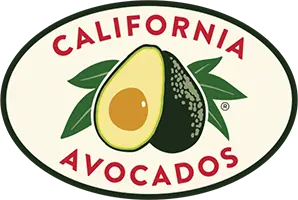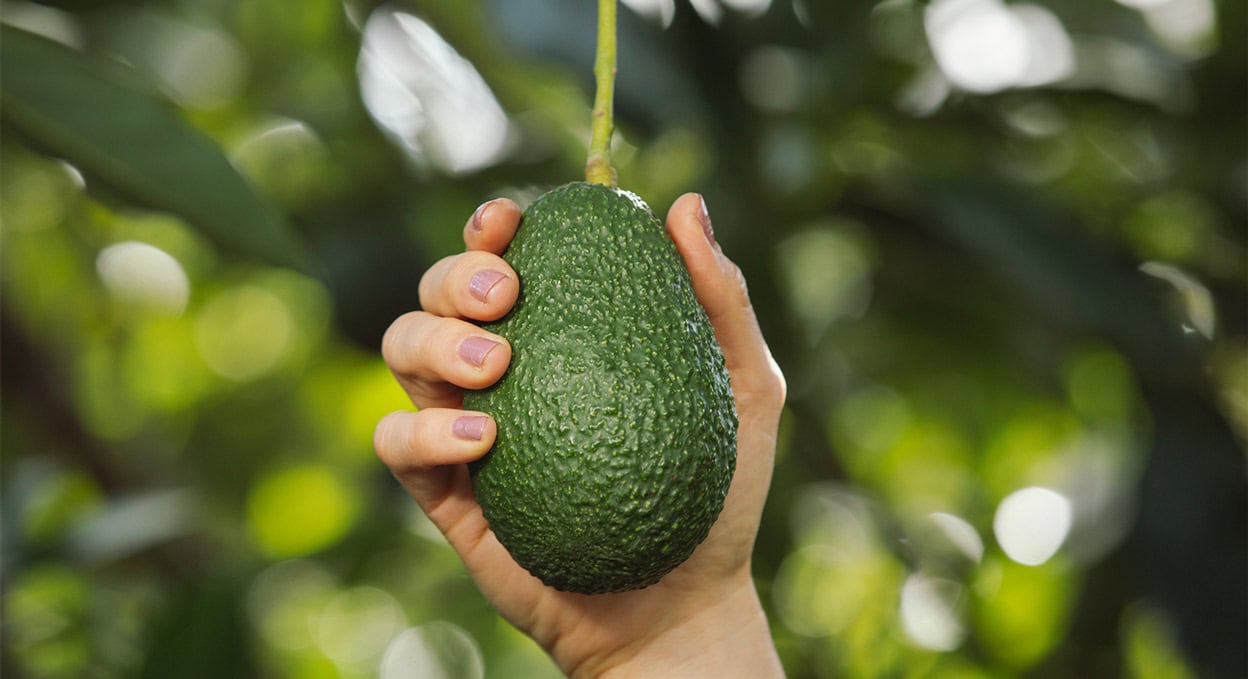
California Avocado Farming Practices Respect The Earth
California Avocado growers farm under robust federal and state requirements and follow Good Agricultural Practices and the Food Safety Modernization Act. They also are committed to regenerative agriculture practices, which work to restore the natural benefits Mother Nature provides, like healthy soils. California Avocado farmers do not utilize tilling, the process of turning over and breaking up the soil. The practice of no tilling helps to generate healthy soils. Healthy soils reduce greenhouse gas emissions by preventing the release of carbon already in the soil and even sequestering additional carbon from the environment. Other regenerative agriculture practices include the prevention of soil erosion and improving water retention and infiltration.
Water is a precious resource, especially in California. In 2003 the State implemented regulations to prevent agricultural runoff from impairing surface waters, and in 2012 ground water requirements were added to the program. Irrigated lands management groups are regional coalitions that prepare and implement mandatory water quality management and monitor plans for its members. They report back to California’s State Water Board. Many California Avocados growers are members of these coalitions and others manage their water quality plans independently.

No Till Farming
California Avocado trees are perennials (grow for many years) and can remain in commercial production for 30, 40, even 50 years or more. From planting all the way through their life cycle, farmers and agricultural workers plant and care for their trees and harvest the fruit – all by hand. California Avocado growing practices do not involve tilling the earth, a process of turning over and breaking up the soil. Tilling is a practice that is damaging to the land, resulting in soil erosion and unhealthy soil. California Avocado growers’ practice of no tilling helps to generate healthy soils.
When you walk around California Avocado groves you see lots of avocado tree leaves on the ground. They are part of a natural ecosystem, adding nutrients to the soil and building beneficial microbial soil activity. California Avocado groves help improve air quality and reduce greenhouse gas emissions by maintaining and building healthy soils and growing healthy root systems, all of which help sequester carbon.
Read about California Avocado grower Rachael Laenen.
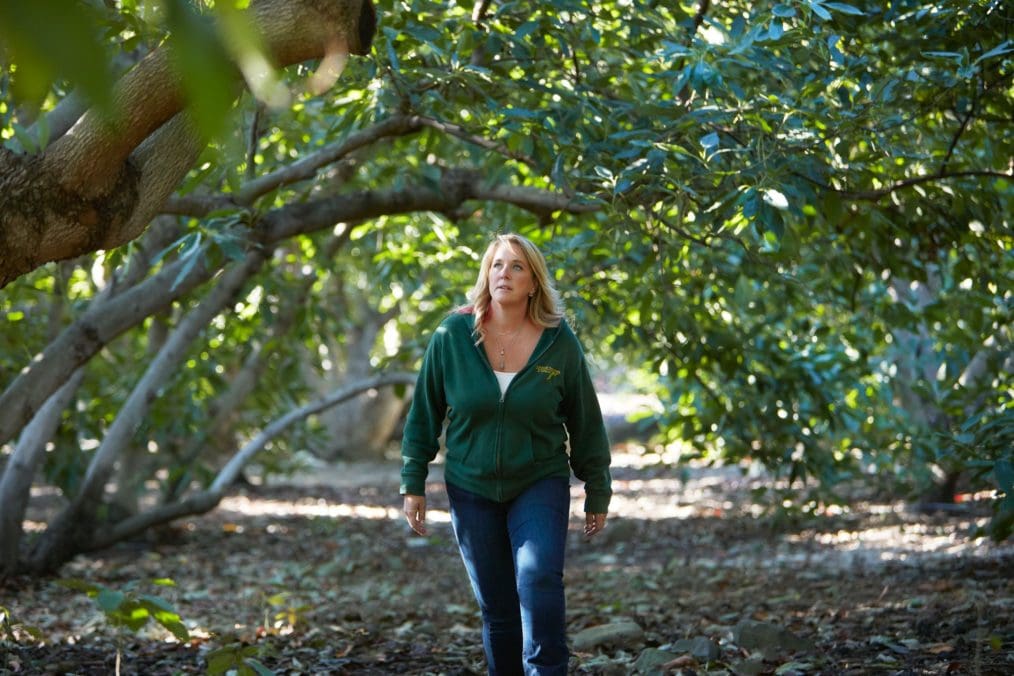
Erosion Control
Conservation can improve the health of soil and improve yields, making farming more resilient and sustainable. Erosion control is an important part of growing California Avocados. Its benefits include improved water quality, decreased soil loss, and preservation of wildlife habitat. Erosion control, which includes preservation of organic matter, on-farm drainage and transportation systems, is a central component of avocado orchard establishment and production particularly on steeper slopes where many California Avocado groves are planted.
Read about California Avocado grower Andy Sheaffer.

Carbon Sequestration
Carbon sequestration is a process that happens over time and benefits the earth and its inhabitants. Perennial orchards such as California Avocado groves do not utilize tilling and they have natural leaf litter that generates beneficial microbial soil activity. Both contribute to healthy soil (net carbon sequestration). California Avocado trees also help sequester carbon from the air by naturally absorbing carbon dioxide and breathing out oxygen. That’s another good reason to love California Avocados!
Learn about California Avocado growers Duncan and Robert Abbott.
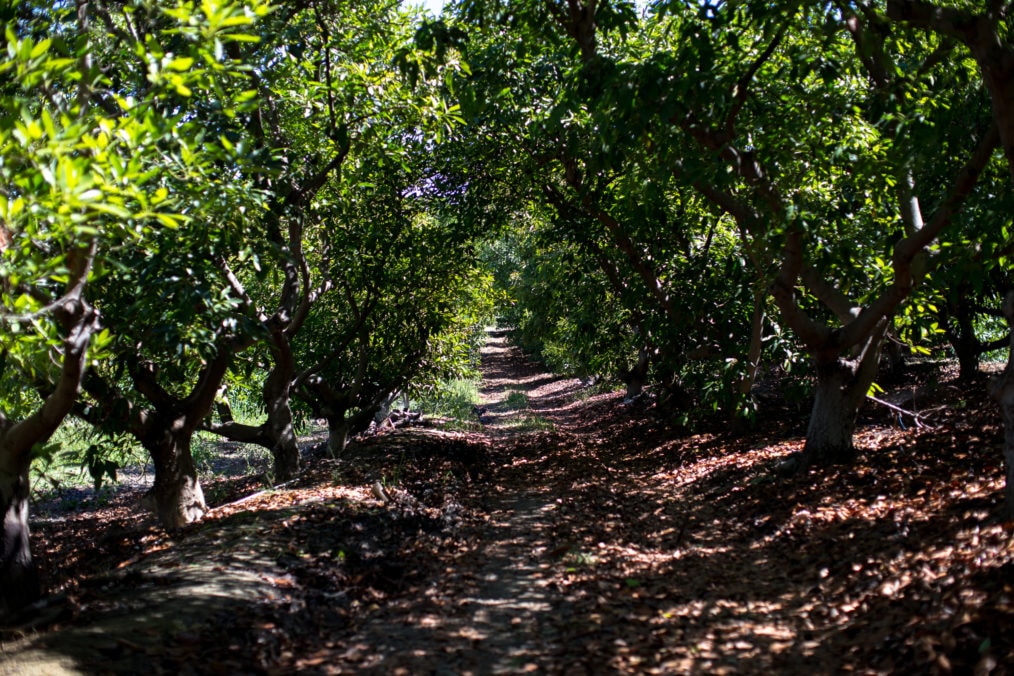
Water Use And Conservation
At least some water is necessary to grow all food. California Avocado growers are passionate about water conservation and its importance for agriculture survival and success. Being good stewards of water use, California Avocado growers continuously develop and improve irrigation methods, employing technology to optimize how, when and where they apply water to their trees. California Avocado tree leaves that naturally fall to the ground are left there, helping to keep the avocado tree roots cool and reducing water requirements. As California Avocado growers work to develop healthy soils, water use is optimized, ensuring the efficient use of every drop of water for growing nutritious and delicious California Avocados.
California Avocado growers are committed to protecting Earth’s most precious resource, water. Different growing regions have unique micro-climates, and growers respond accordingly using tools such as sensors that monitor soil moisture and plant stress. They make calculations specific to their groves and local weather statistics and use the information to improve water use efficiencies. California Avocado growers also employ the same hands-on observations that have been used in groves for generations, checking the appearance of the soil, trees and leaves. With goals to minimize water usage while maximizing the amount of premium quality avocados they produce, growers adjust irrigation time of day, frequency and duration as needed.
Read about California Avocado grower Will Carleton.
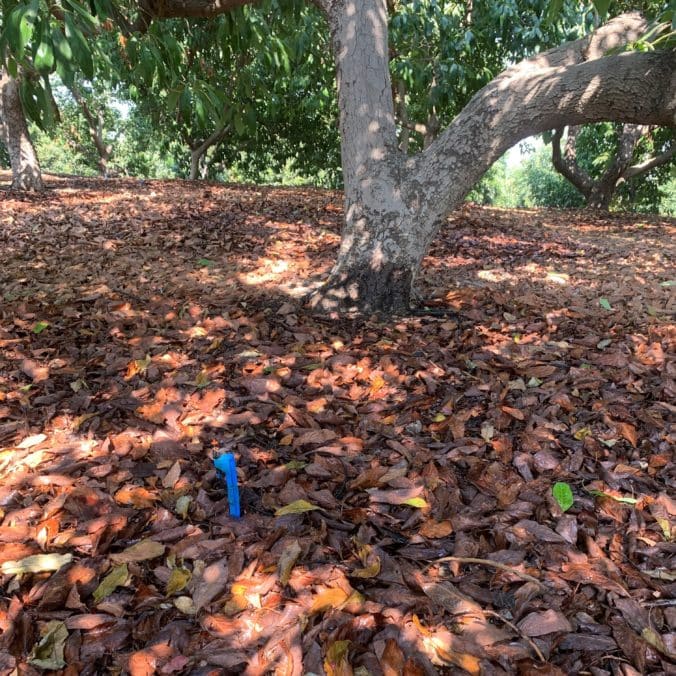
Eco-Friendly Energy
Many California Avocado growers are embracing alternate energy sources to help power their groves. On-site solar panels such as those pictured here with grower Andy Lyall are installed in many California Avocado groves creating energy.
Read about the Lyall family here.
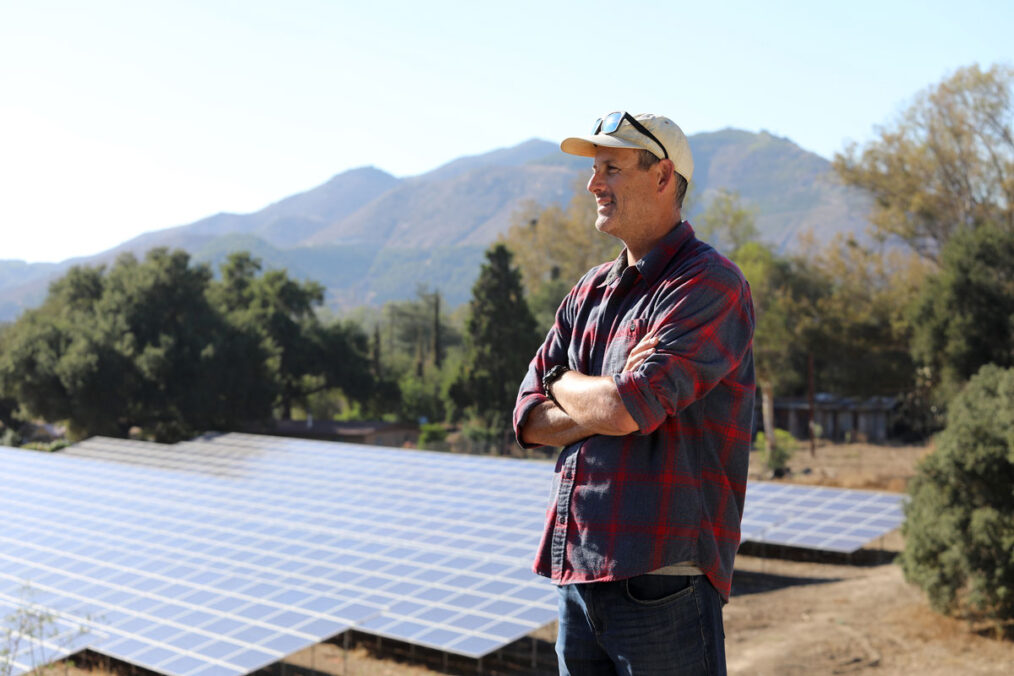
There are nearly 2,000 commercial growers in the state with varying sizes of farms. Not all use alternate energy, but the numbers are growing. And all of them harness California sunshine to nurture their avocado trees.
